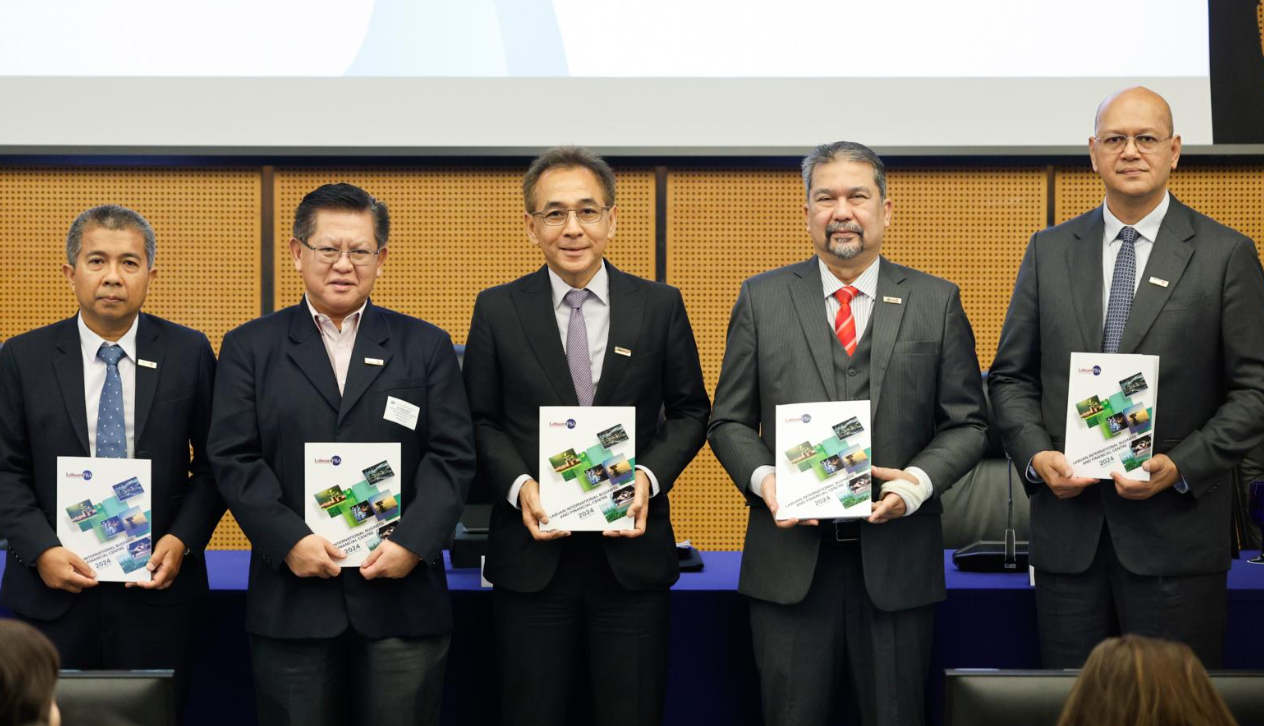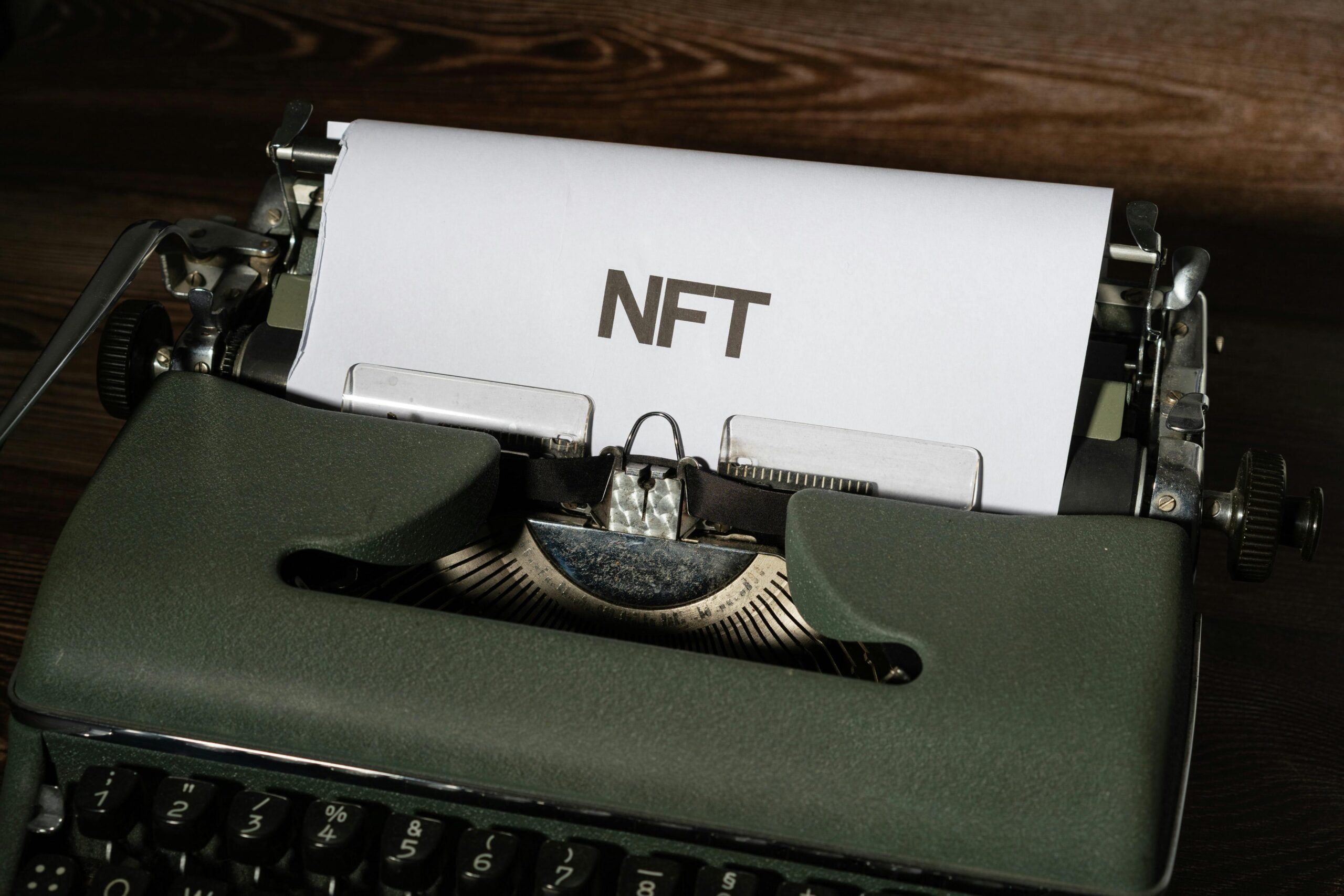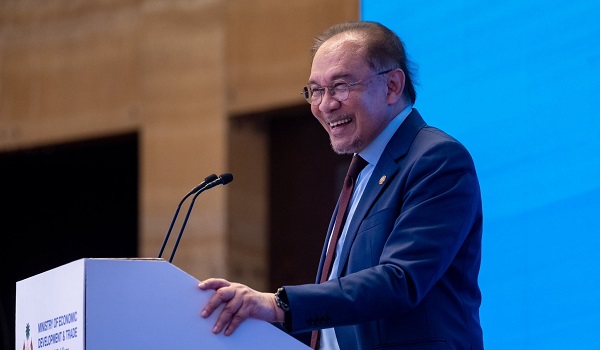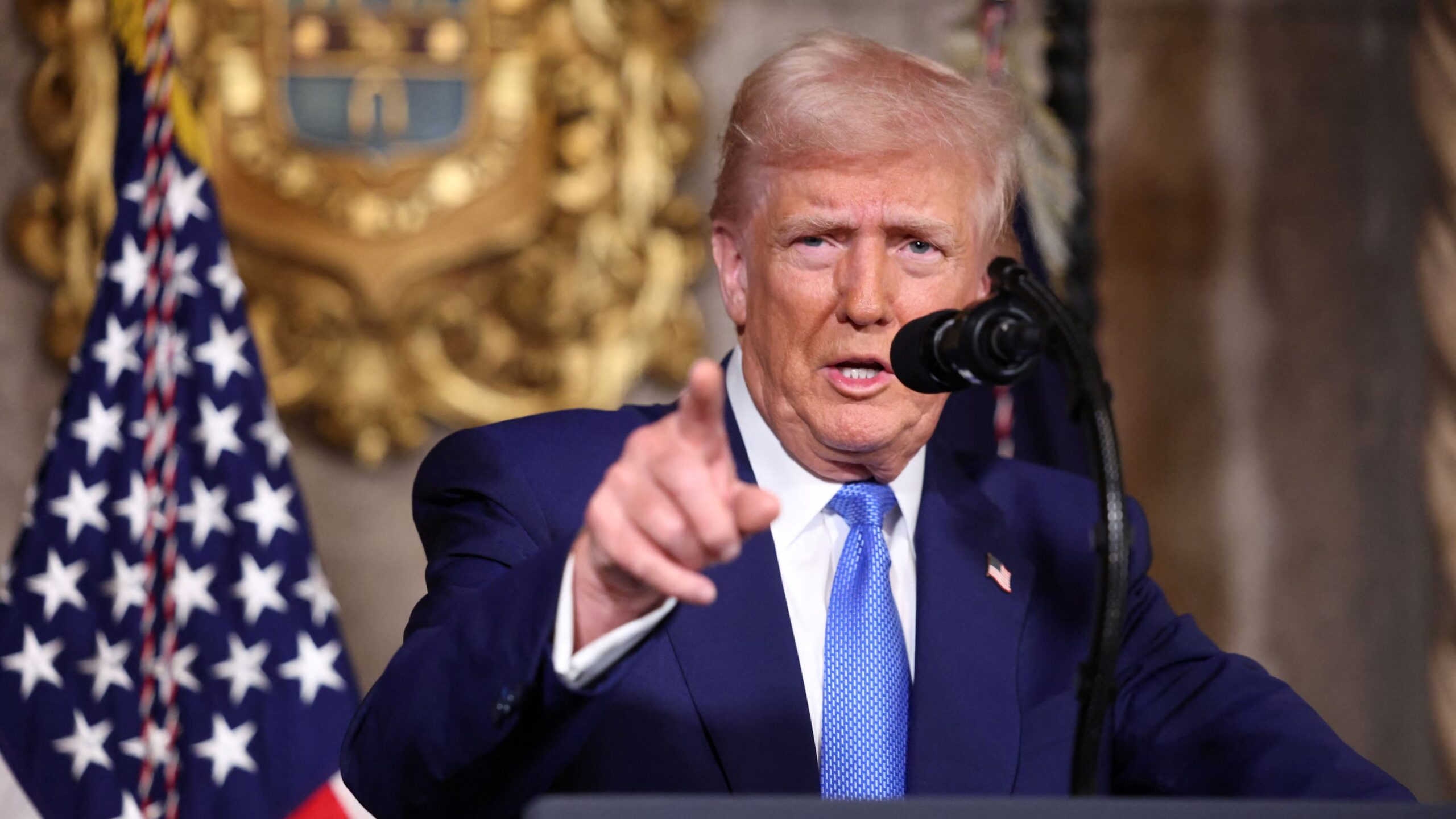OpenSea, the leading non-fungible token (NFT) marketplace, is poised for a significant overhaul in December, an ambitious move aimed at rejuvenating its platform during an extended period of market stagnation. Devin Finzer, co-founder and CEO of OpenSea, announced on November 4 via an X post that the company has rebuilt its platform from scratch. Finzer’s announcement comes at a time when the NFT market is experiencing a notable decline, with the aim to inject innovation and new energy into the sector.
A New Vision for OpenSea
According to Finzer, the decision to overhaul OpenSea was driven by a need for fundamental changes, not just superficial enhancements. “To really innovate, sometimes you have to take a step back and reimagine everything,” he stated, hinting at significant upgrades without divulging specific details. The announcement was accompanied by a link to a waiting list page, prompting users to connect a crypto wallet, fueling speculations and expectations among the community.
Rob, DappRadar’s communications manager and head of content, expressed on X that there is “some serious hype” surrounding the new platform. He speculated that the update might introduce features such as account abstraction or “smart accounts,” shared NFT ownership, capabilities for memecoin trading and minting, enhanced chain integration, and elements of SocialFi.
The anticipation of the new OpenSea platform has already impacted the market, with the platform’s trading volume surging almost 60% in the past week, topping $50 million as NFT sales increased. Despite these spikes, trading volumes have largely plateaued since early 2022 after the explosive growth phase during the NFT boom of 2021, where monthly volumes once reached as high as $5 billion.
The excitement around the revamped platform is tempered by regulatory challenges. In September, the U.S. Securities and Exchange Commission (SEC) issued a Wells notice to OpenSea, suggesting potential enforcement action for the trading of unregistered securities. Finzer responded by emphasizing the detrimental impact such actions could have on innovation and the broader community of digital artists and creators.
This overhaul is part of a broader strategic realignment referred to as “OpenSea 2.0,” initiated in November 2023 amidst a company-wide restructuring that included layoffs. This pivot reflects OpenSea’s commitment to adapting and evolving in response to both market demands and regulatory pressures.
The relaunch of OpenSea presents a crucial test for the platform and the NFT industry at large. Will the new features and a redesigned user experience be enough to revive the marketplace and restore user confidence amid regulatory scrutiny and market volatility? The answer to this question will not only determine the future trajectory of OpenSea but could also set the tone for the NFT market in 2024 and beyond.
| Date | Trading Volume | Key Events |
|---|---|---|
| Nov. 2, 2023 | $15 million | Pre-announcement trading |
| Week of Nov. 5, 2023 | $50 million | Surge post-announcement |
| Oct. 2023 | $46 million | Monthly volume before announcement |
Navigating Through Turbulence
As OpenSea gears up to launch its revamped platform, the stakes are incredibly high. The NFT market, once bustling with activity and innovation, has cooled significantly, leaving platforms like OpenSea scrambling to find new ways to engage users and stimulate growth. This upcoming overhaul could either mark a new chapter in the evolution of NFT marketplaces, rekindling interest and activity within the community, or it could act as a final effort to salvage a dwindling market.
The direction OpenSea chooses to take with its new features will be crucial. Will it lean into the speculative aspects that drove its initial popularity, or will it foster genuine utility and creative expression? As regulatory clouds loom and the market’s enthusiasm wanes, the path OpenSea carves out in the coming months could provide critical insights into the long-term viability of NFTs as both artistic and investment vehicles.











